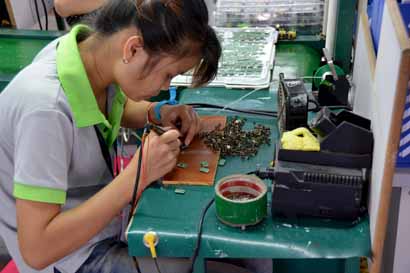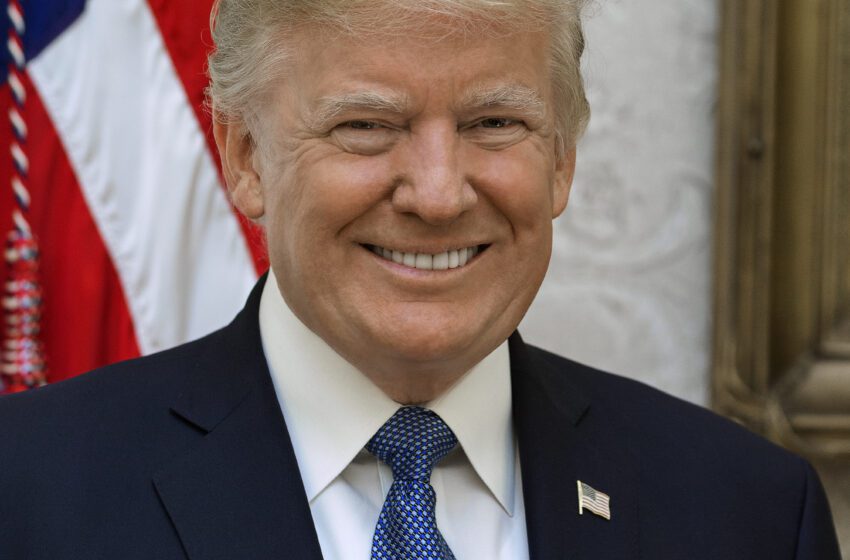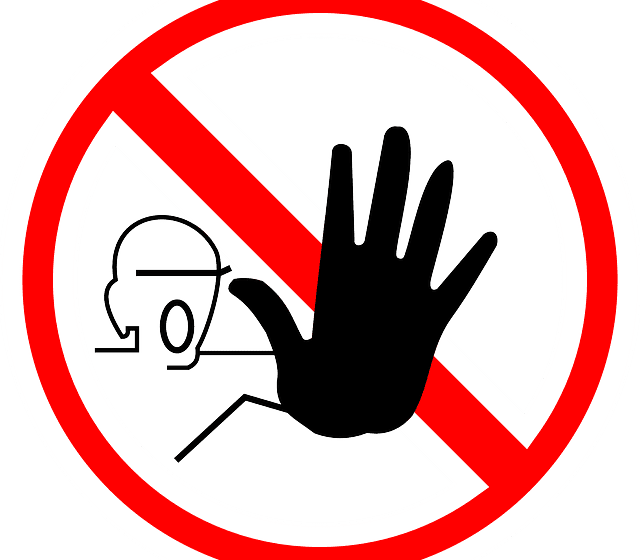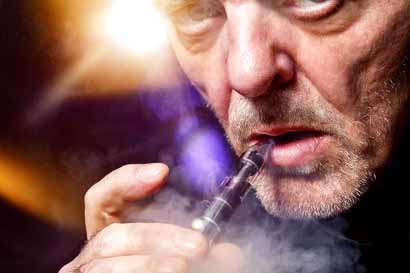The District of Columbia Circuit U.S. Court of Appeals has rejected arguments by a vapor manufacturer and an industry trade group that the U.S. Food and Drug Administration (FDA) violated the Tobacco Control Act (TCA) and infringed on their First Amendment rights by creating a difficult pathway to premarket authorization and prohibiting free sample distribution of vaping products.
The D.C. Circuit, in an opinion written by Judge Cornelia T.L. Pillard, joined by Judge Judith W. Rogers and Senior Judge David B. Sentelle, affirmed the summary judgment, according to an article on lexislegalnews.com.
U.S. Judge Amy Berman Jackson of the District of Columbia in July 2017 granted summary judgment to the FDA, finding that the FDA’s decision to subject e-cigarettes to premarket authorization was nonarbitrary and supported by evidence of nicotine’s harmful and addictive nature.
Judge Jackson also held that the modified risk pathway to premarket approval — one of three pathways under the TCA — and the ban on distribution of free samples of tobacco products did not violate the First Amendment to the U.S. Constitution, U.S. Const. amend I.
Nicopure Labs and Right To Be Smoke-Free Coalition, an e-cigarette industry group, sued the FDA in May 2016, asserting that the “deeming rule” — which expanded the FDA’s power under the TCA – is overly burdensome because it would restrict the sale of Nicopure products.
The deeming rule, among other things, requires all tobacco products, including vaping products and e-cigarettes, to meet federal standards. It also dictates what products are allowed to be sold and to whom those products can be sold. Only those who are 18 and older may purchase vaping products.
“E-cigarettes are indisputably highly addictive and pose health risks, especially to youth, that are not well understood,” the court said. “It is entirely rational and nonarbitrary to apply to e-cigarettes the Act’s baseline requirement that, before any new tobacco product may be marketed, its manufacturer show the FDA that selling it is consistent with the public health.”
The industry argued that the FDA arbitrarily subjected e-cigarettes to the TCA’s premarket authorization for new tobacco products without tailoring the process specifically to e-cigarettes. In particular, the appellants objected to the long-term clinical and epidemiological studies requirements, which they argued “could drive much of the e-cigarette industry out of business.”
“The FDA has made no blanket rule excusing e-cigarettes from the premarket authorization requirement, nor could it,” the court said. “The premarket approval requirement is in the Act. It was Congress, not the FDA, that imposed it on new tobacco products, including e-cigarettes. There is no exemption in the Act for certain new tobacco products speculated to be less risky than other new tobacco products.”
The court noted that all tobacco products entering the market after February 2007 must obtain FDA authorization pursuant to one of three statutory paths: a new tobacco product, a new modified risk tobacco product or a new smoking cessation product. The industry argued that FDA violated the First Amendment by using the manufacturer’s claims about a product’s characteristics — such as a claim that the product is “safer than cigarettes” or produces “no tar” — in its assignment to the appropriate pathway.
The court was unpersuaded.
“Even if we were to scrutinize the FDA’s reliance on new tobacco product descriptors as a burden on the Industry’s commercial speech, the modified risk product pathway clears First Amendment scrutiny because it is reasonably tailored to advance the substantial governmental interest in protecting the public health and preventing youth addiction.”
Attorneys for Nicopure also argued that the free sample ban set forth in the TCA violated e-cigarette manufacturers’ First Amendment right to freedom of expression. Free samples are “expressive,” the attornys argued in its brief to the court, because they “convey important information to smokers who want to switch to vapor products, including key consumer information about different e-liquid flavors and device performance characteristics.”
The court reasoned that the industry was urging it to grant constitutional protection to the “informational value of customers’ experience trying out vaping, including the experience of sampling the available flavors and sensations.”
“This extraordinary argument, if accepted, would extend First Amendment protection to every commercial transaction on the ground that it ‘communicates’ to the customer ‘information’ about a product or service,” it said, rejecting the argument.









